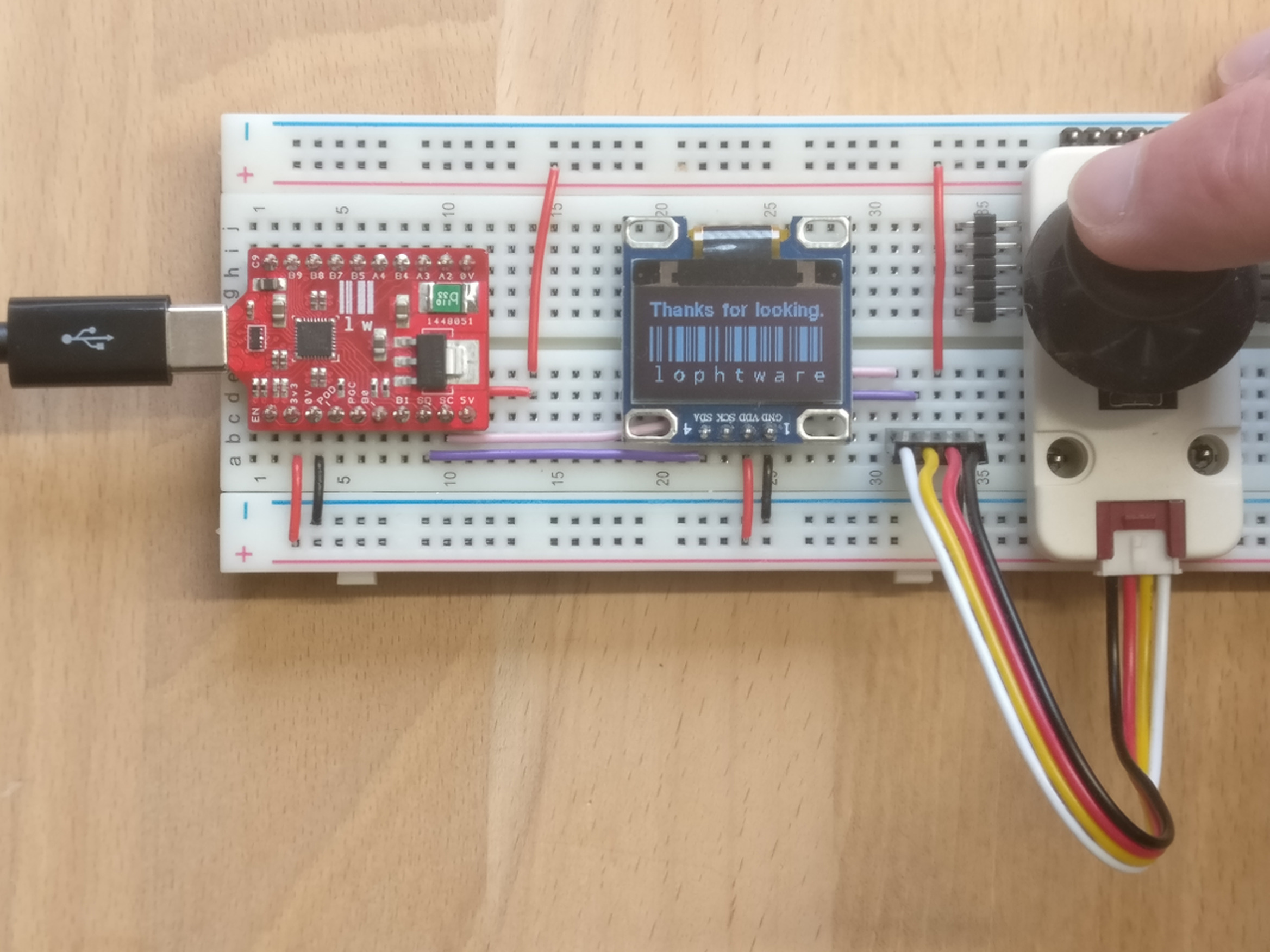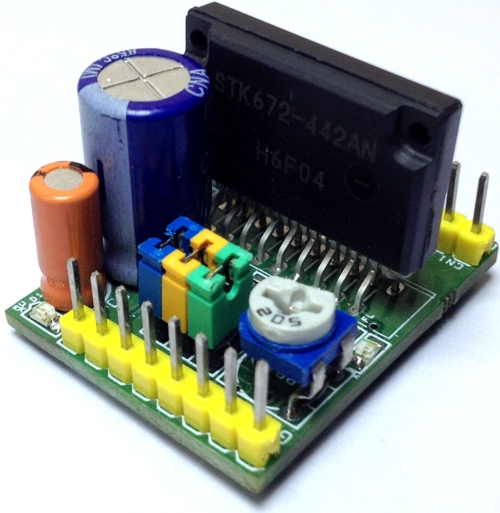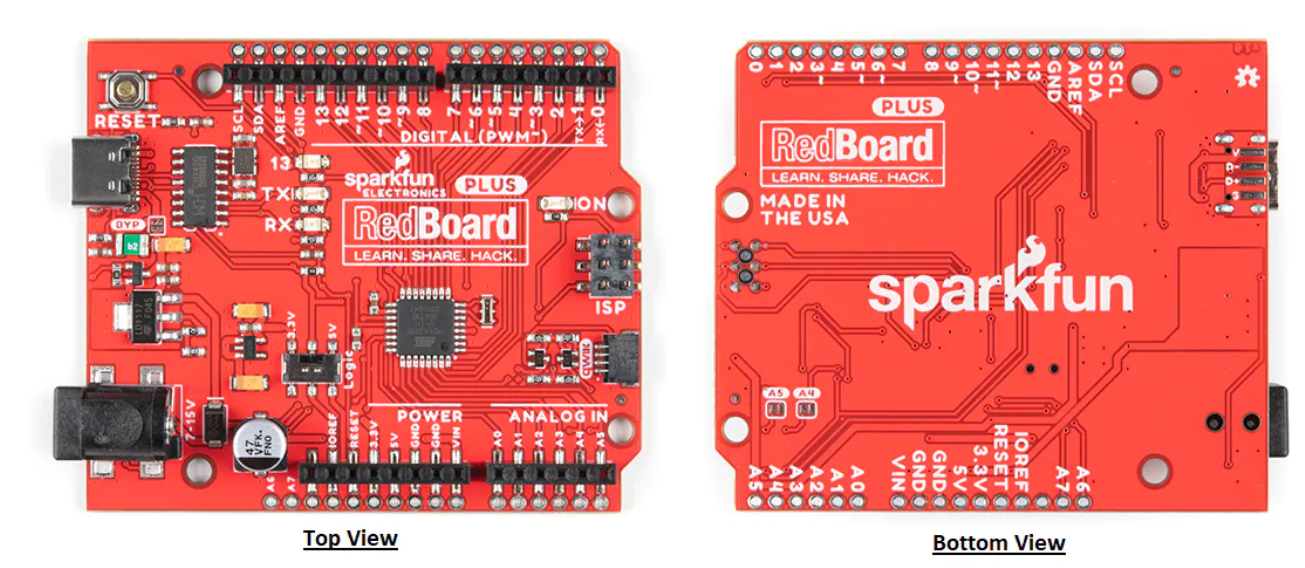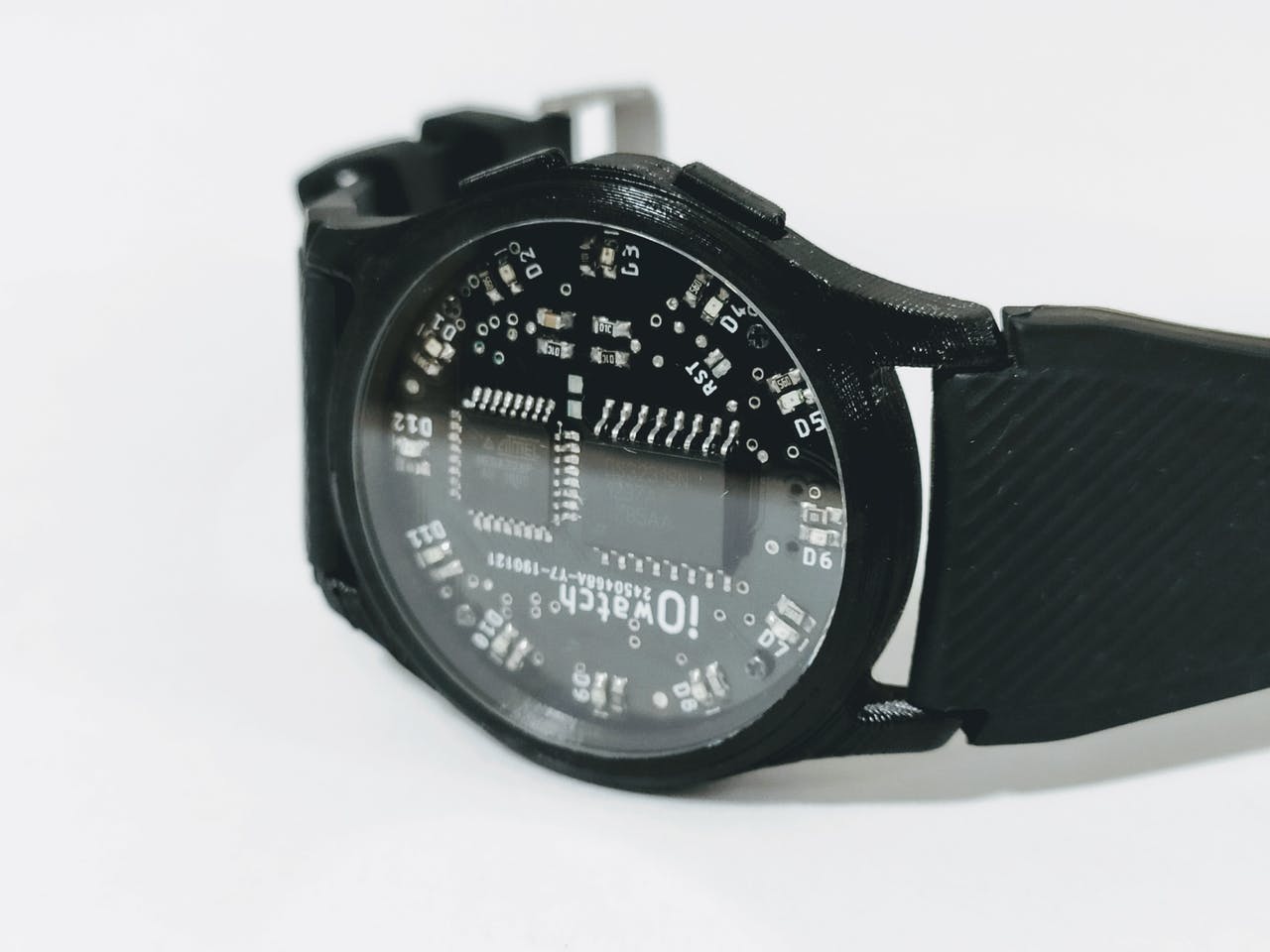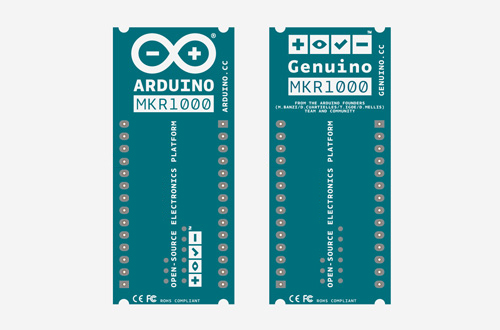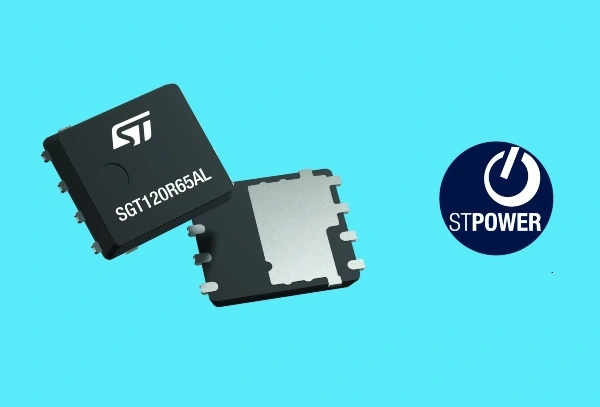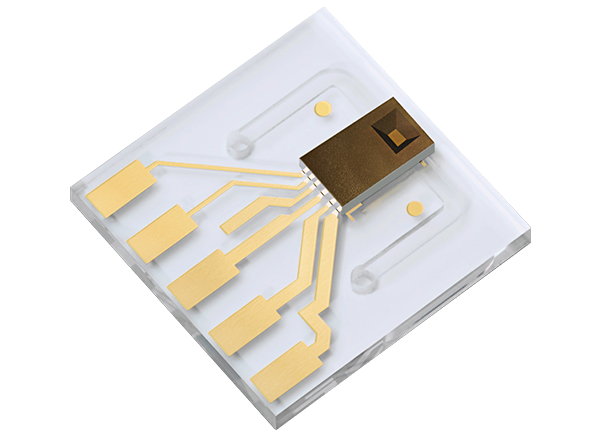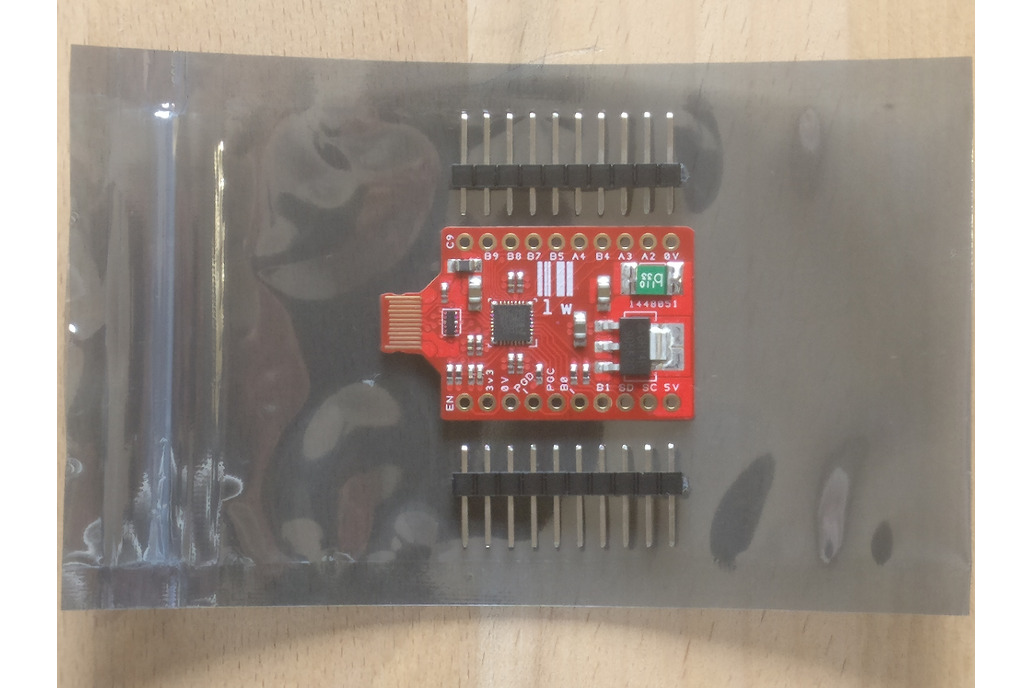
The USB Type-C / PIC32 development board from Lophtware is a low-cost Microchip PIC32-based development board, compatible with HID (Human Interface Device) endpoint standard. It is a USB 2.0 Type-C / PIC32 breakout board that offers full-speed USB 2.0 development for breadboarding and prototyping.
The 24MHz PIC32-based development board aims at making USB Type-C work as easy as possible. The major goal behind its design is “plug-n-play for rapid prototyping without the need for in-depth knowledge of USB or having to install custom drivers.” says the company.
“The chosen USB protocol for the stock firmware is HID (Human Interface Device) because it is ubiquitous and does not require drivers or (significant) configuration of the Host to be up and running fast. It should just work.”
The USB Type-C / PIC32 development board (Lite) provides common functionalities for a number of general-purpose use-cases. It incorporates a 32-bit PIC microcontroller which makes it a more flexible option compared with FT232-type of breakout boards.
Some technical features and specifications include:
- 32-bit PIC32MM0256GPM028 MIPS microcontroller running @ 24MHz
- 32kB of RAM
- 256kB of flash storage
- 15 GPIO broken out to 0.1-inch headers
- SPI / I2S controller (operates only as Master for the default firmware)
- I2C bus controller (operating as both Master and Slave)
- UART controller
- 12-bit Analogue-to-Digital Converter (ADC)
- Analog comparators
- PWM controllers
- Capture / Compare / PWM modules
- 4x Configurable Logic Cells
- Timers
- USB 2.0 full-speed compatible HID endpoints that operate without custom drivers, and,
- +3.3V LDO Linear Regulator supplying a minimum current of 1A (derated to 150mA at 50 Celsius ambient, without a heatsink)
Lophtware’s USB Type-C / PIC32 breakout board is available in two forms: the “Lite” and the “Full Fat“. The “Lite” is a stripped-down and lower-cost variant of the USB Type-C / PIC32 breakout board. It uses the same microcontroller and has the same firmware as the “full fat”, but lacks a USB connector, mounting holes, debug accessory mode programming, and over-voltage protection.
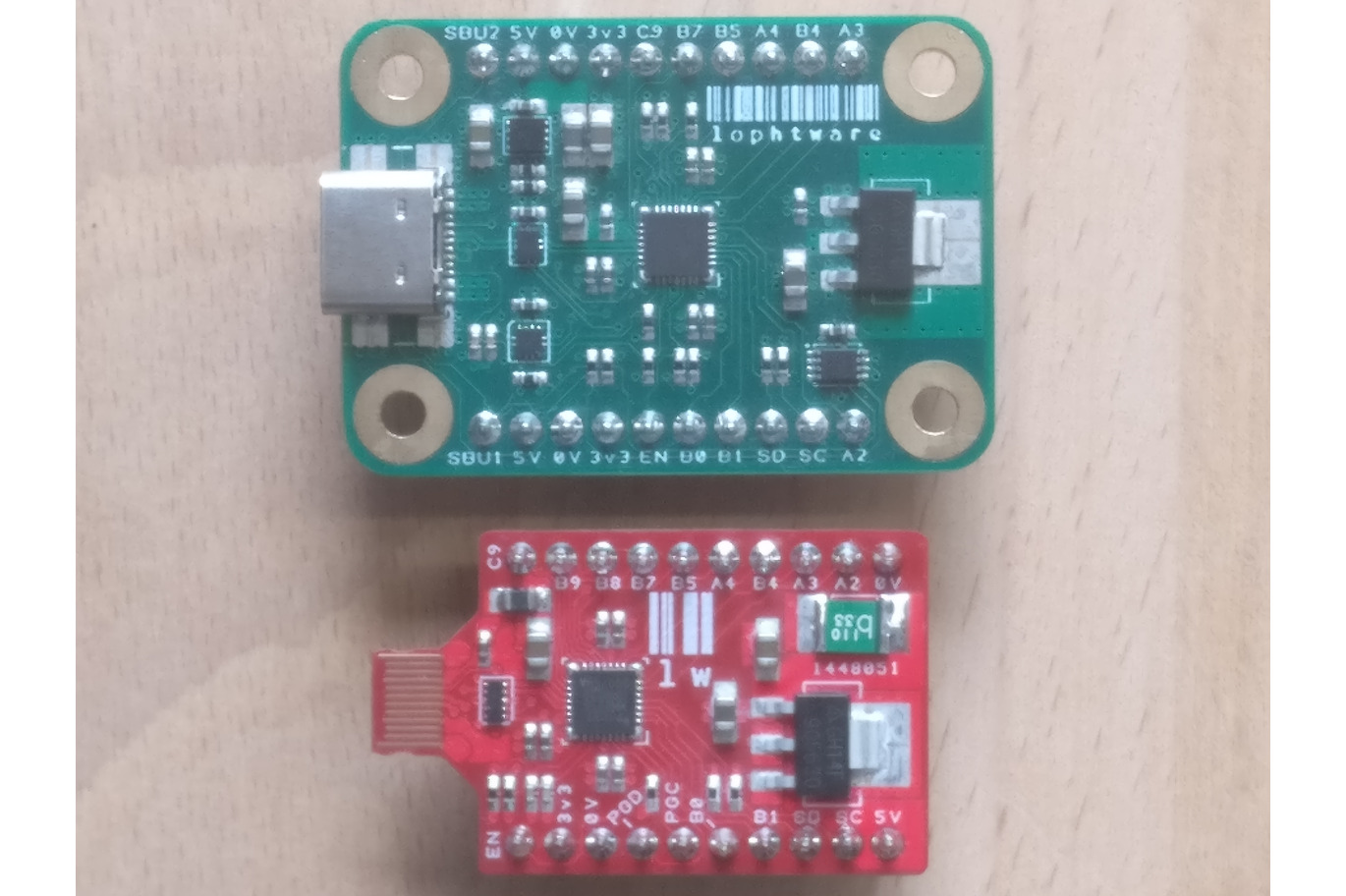
So if you care more about smaller form-factor, more GPIO, and your intended USB Host is robust enough, you can go for the Lite but if USB Host protection, robustness, and USB mechanical compatibility are more important to you than a few extra GPIO and a lower sticker price, then the Full fat version would be a better choice.
Both variants are currently available on Tindle; Lite sells for $17.99 while Full Fat goes for $24.99. Codes, schematics, firmware, and software examples are also available on the company’s GitHub repository.





